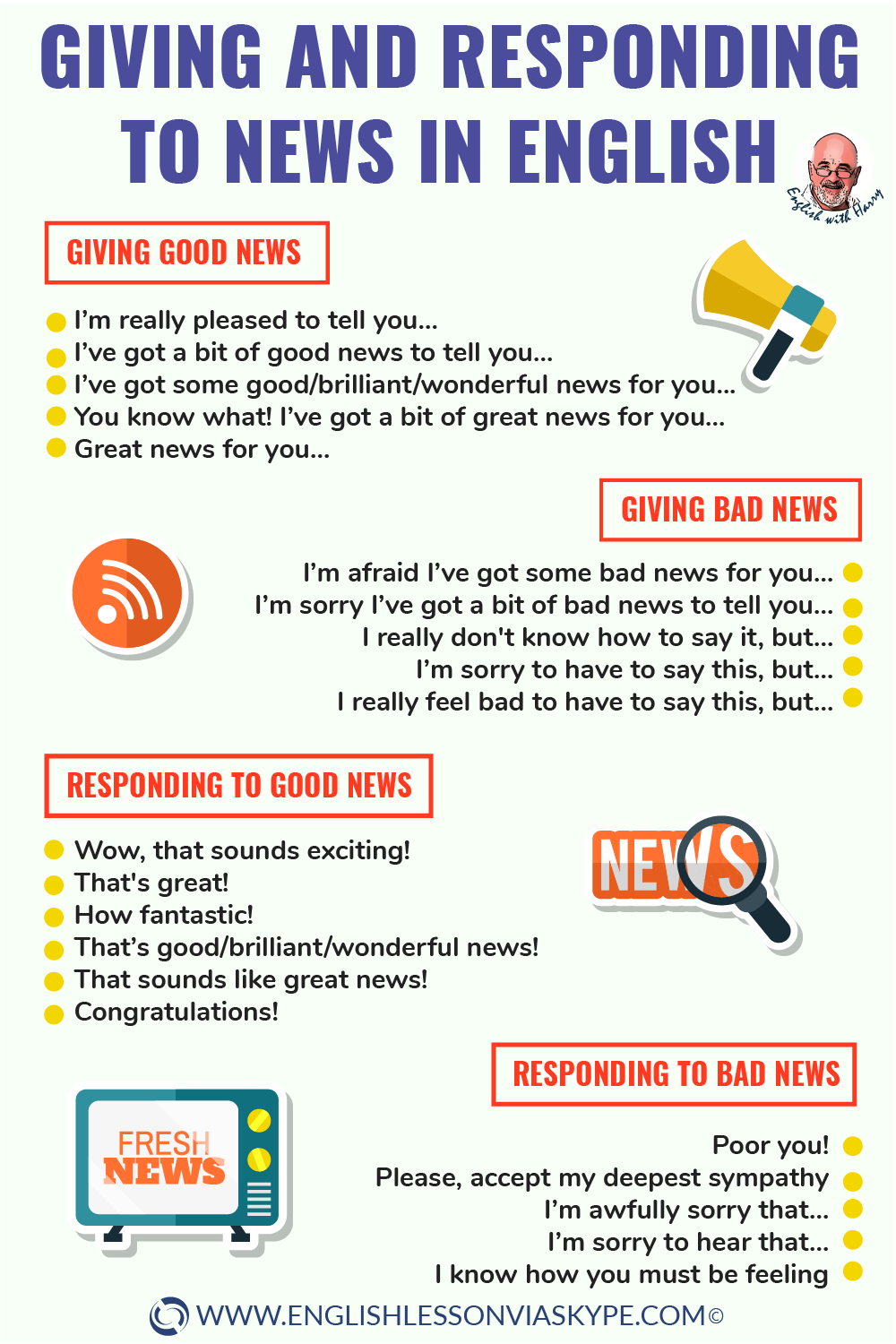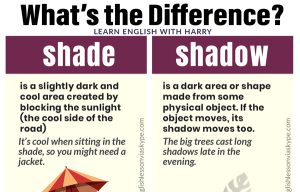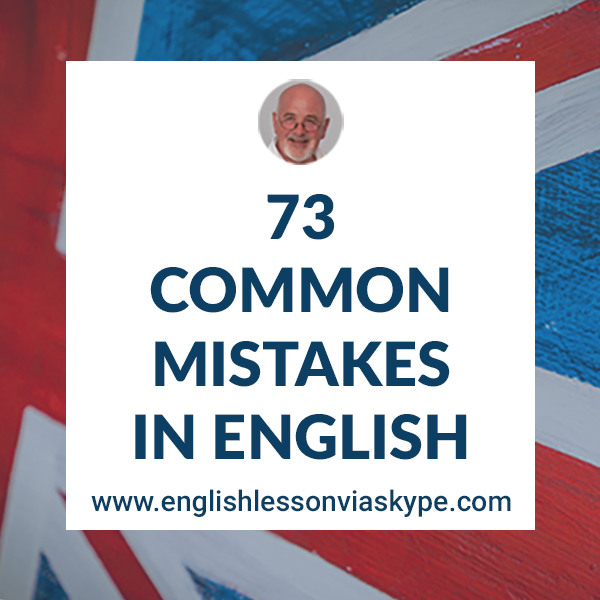Learn different ways to give news in English and improve your speaking skills.
News is something most of us can not live without. Whether it is the local, national or international news we crave it (really want it). However, not all news, as we well know, is good news and often we receive bad news. So here are some ways for talking about the news in English. These expressions will help you in English conversation when you either have to deliver (give) good and bad news or receive it.
There are many different ways to give news in English whether it is good or bad. Some people are better than others at delivering bad news and normally most people do not have a problem giving good news.
Table of Contents
Harry
Giving and Responding to the News in English

Ways to Give News in English
I have listed below the expressions we can use to give both good and bad news followed by a quick situation that may give rise to such a statement. Then I have followed that with typical responses we use for both bad and good news with some appropriate words. In many situations where the news is not seriously bad or so excitingly good then more reserved or calmer responses are more appropriate (like too bad, how awful or that’s unfortunate) but where the news is extreme then the response is usually similar:
- wow, that’s wonderful
- amazing
- oh poor you
- I am really really sorry…
Intermediate to Advanced English Marathon

INSANITY: doing the same thing over and over again and expecting different results.
Albert Einstein
- What you'll learn:
- better understanding of more complex grammar structures
- advanced English vocabulary words
- British & American slang
- perfect your listening skills through practing different accents
- This marathon is for you if you're:
- stuck at an intermediate English level
- tired of confusing explanations
- a mature student
- shy & introverted
Giving Good News in English
🔹 I’m really pleased to tell you…
you have been awarded a bonus by the management in recognition of your achievements this year.
🔹 I’ve got a bit of good news to tell you…
we are going to have a baby! Isn’t that wonderful? I am so excited.
🔹 I’ve got some good / brilliant / great / wonderful /splendid news for you…
depending on how big the news is you can use a number of adjectives and their superlative form to pass on (give) your good news.
🔹 You know what! I’ve got a bit of great news for you…
Do you know that old car in the garage that we have been trying to sell for months? Well someone, at last, has seen the advert came around earlier today and offered us the price we were asking!!
🔹 Great news for you…
you are in the team for the next match. You played well last week and you deserve your place.
Ways to Give News in English
Giving Bad News in English
🔹 I’m afraid I’ve got some bad news for you…
you are not being considered for the vacancy in the accounts department. I am really sorry but another candidate with more experience has been offered the job.
🔹 I’m sorry I’ve got a bit of bad news to tell you…
I had an accident in the car on the way to work today. It wasn’t really my fault and there was nothing I could do. The car in front of me stopped suddenly. I braked and the car behind me ran into the back of me and has damaged the bumper
🔹 I really don’t know how to say it, but…
I am sorry I don’t think we can be together anymore. I have met someone else and I think our relationship has gone as far as it could go.
🔹 I’m sorry to have to say this, but…
your work is just not good enough. You work hard but there Are too many mistakes and we constantly have to correct them. We feel it would be better for you and us if you moved on and found another job.
🔹 I really feel bad to have to say this, but…
It’s either me or the cat! The cat does not like me and I am constantly cleaning hair off my clothes. It is old and smells and I am not comfortable with the way it looks at me. I know you have had it a long time but.
Ways to Reply to News in English
Responding to Good News in English
🔹Wow, that sounds exciting!
When do you move?
What are you going to do with your apartment and car?
Have you told your parents yet?
🔹 That’s great!
I’ll book the hotel now and the flights and we can look online to see what we can do when we get there. It will be great to have a break.
🔹 How fantastic!
Wow, a baby. After all this time. I cannot wait to tell my friends.
🔹 What fantastic/good/brilliant/great/wonderfulk/splendid news!
I am sure you are thrilled. When did you hear? How did you react when you heard?
🔹 That’s good / brilliant / great / wonderful / splendid news!
Same as above.
🔹 That sounds like great news!
you must be over the moon. It’s a great opportunity for you and your family.
🔹 Congratulations!
It could not have happened to a nicer person. Well deserved.
🔹 That’s wonderful/fantastic!
We must go out and have a few beers to celebrate. You are buying!
🔹 I’m glad/delighted to hear that!
I needed some good news to start the week. Let’s hope this continues for the rest of the year!
- Great news!
- Incredible!
- Superb!
- Sounds great!
- Lucky you!
- Oh, how wonderful!
- I can’t believe that!
All of these single-word responses can be used in any good news situation no matter what the occasion is.
How to Respond to Good News in English

Responding to Bad News in English
🔹 I’m awfully sorry that…
It had to be you that had to tell me. I know it cannot be easy. what happened exactly?
🔹 I’m sorry to hear that…
When are you leaving? Where will you go? Will you write to me and keep in touch?
🔹 I’m sorry to hear such terrible news
It must be very upsetting for you. Is there anything I can do to help?
If you need anything, all you need to do is ask and I will be happy to help if I can.
🔹 My goodness!
I was not expecting that. Don’t you think you are overreacting a little? It’s only a cat!
🔹 I can’t believe it!
Your work was always good, and your boss always seemed happy with you. Are you sure there was no other reason?
improve english on a budget
Online English Courses from €7.99
🔹 Poor you!
You must be devastated. But you know you will get another job quickly. You are too good at what you do.
🔹 I do sympathise with you
It’s not easy to hear bad news like that but you seem to be taking it as well as could be expected under the circumstances.
🔹 Please, accept my deepest sympathy
Losing a parent is never easy even at such a great age. At least it was pain-free in the end.
🔹 I know how you must be feeling
I lost my father a few years ago and I still think of him a lot.
🔹 That must be awful
How did it happen? Did they break in when you were asleep or when you were out? My god at least you were not injured.
🔹 Oh, dear!
That’s too bad and we were looking forward to meeting up with you. Never mind we can re arrange it when you are feeling better.
🔹 Too bad!
We would all have enjoyed meeting you. But look we are going to meet up more regularly now and so there will be another chance to catch up next month.
🔹 That’s awful/a pity/unfortunate
But if there is not too much damage perhaps it won’t cost so much and the insurance will pay for most of the repairs.
More Information
For more information in English Expressions, English Phrasal Verbs and English Grammar Rules, check ou the following links:
How to talk about CHANGE in English?
How to use Phrasal Verbs with COME?
Difference between WILL and BE GOING TO
Intermediate English learners! Here is your chance to master English Grammar Tenses so you can speak English fluently and with confidence, sign up for 3 hour English Grammar Rules Refresher Course. Click on the link to read more.
Way to give news in English can also be found on Myenglishpages
You will love these English lessons

10 English Verbs Related To Time Management
Learn English verbs related to time management. Speak about time management in formal and informal conversations. Listen to the podcast


10 Ways To Say I don’t Know
Here you will learn 10 ways to say I don’t know in English. Advanced vocabulary to help you achieve fluency in English. Video lesson. Lots of examples.


Difference Between Shade And Shadow
What is the difference between Shade and Shadow? Find out now and use these English words correctly when speaking and


